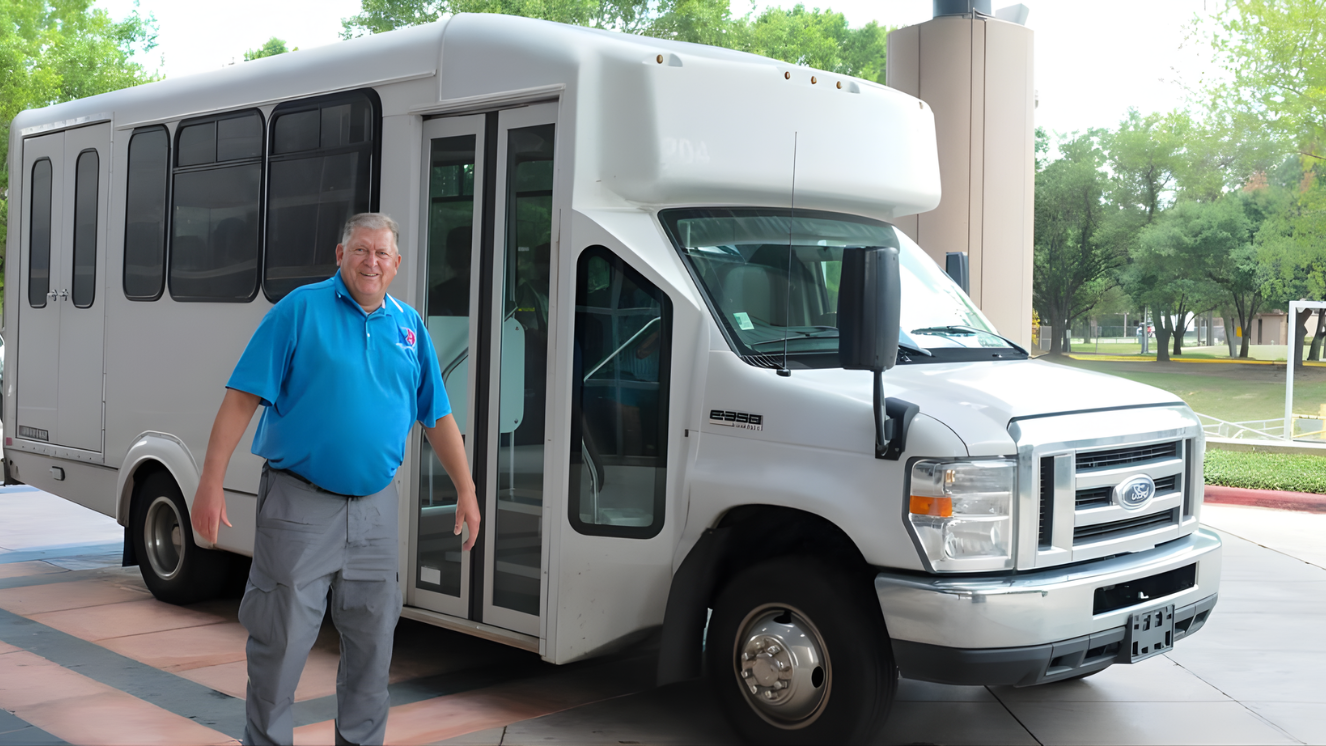TOP HEALTHCARE CAREERS FOR VETERANS WITH MEDICAL MOS
COMMENT
SHARE

If you worked in any kind of healthcare or medical services position during your time in the military, your skills are very valuable in the civilian healthcare world.
The healthcare field in civilian life offers wide career options that align with your training, so you can easily find a job outside the military that is aligned with your military medical skills.
Veterans Transition to Civilian Healthcare Roles
You might know it, but healthcare is one of the largest industries in the world, as every hospital, clinic, and care center relies on a wide range of professionals.
The common ones that we know and call upon are doctors and nurses. However, there are also medical assistants, technicians, emergency responders, and administrative staff. There are a lot of roles in healthcare, and finding one for you can be really easy.
Working as a combat medic, medical technician, or health service specialist in the military means you have already experienced a high-pressure, team-based environment that hospitals operate in daily.
Your ability to stay calm under stress, follow detailed procedures, and provide care can be directly applied in roles such as an emergency medical technician (EMT), phlebotomist, or medical assistant.
There are also skills in maintaining records, patient scheduling, medical logistics, and maintaining field hospitals, if you weren’t in a direct patient care role. It largely depends on your skills and interests.

Military vs. Civilian Medical Roles: Key Similarities
In the military, it is very important to have healthcare support as well. If you were part of a field hospital team and worked in medical supply chains, your work helped save lives and keep operations running. These skills are directly applicable to civilian healthcare roles, as the principles are largely similar.
Field work, like assessing injuries, stabilizing patients, and transporting them for further care, is just the same as what happens in the military.
Likewise, military health administrators manage scheduling, documentation, patient data, and staff logistics, just like in civilian life. There are also administrative tasks in a healthcare setting in civilian life, just like in the military.
Many times, it’s just the job title that changes because the work being put into it remains the same.
Medical MOS Codes: Understanding Military Healthcare
You’ve already built a foundation for a healthcare career if you served in the military and held a medical or healthcare MOS (Military Occupational Specialty); therefore, it can be really easy for you to find a civilian job. However, it is important to know what specific skills you have so you can be more successful in a job outside the military.
- MOS 68 – Medical CMF: If you have this code, then you are a highly trained service member as you aided in combat zones and stateside hospitals.
The MOS 68 – Medical CMF is a General MOS Code, and it has subcategories under it, and some roles are very specific:
- MOS 68A – Biomedical Equipment Specialist
- MOS 68B – Orthopedic Specialist
- MOS 68C – Practical Nursing Specialist
- MOS 68D – Operating Room Specialist
- MOS 68E – Dental Specialist
- MOS 68F – Physical Therapy Specialist
- MOS 68G – Patient Administration Specialist
- MOS 68H – Optical Laboratory Specialist
- MOS 68J – Medical Logistics Specialist
- MOS 68K – Medical Laboratory Specialist
- MOS 68L – Occupational Therapy Specialist
- MOS 68M – Nutrition Care Specialist
- MOS 68N – Cardiovascular Specialist
- MOS 68P – Radiology Specialist
- MOS 68Q – Pharmacy Specialist
- MOS 68R – Veterinary Food Inspection Specialist
- MOS 68S – Preventive Medicine Specialist
- MOS 68T – Animal Care Specialist
- MOS 68U – Ear, Nose, and Throat (ENT) Specialist
- MOS 68V – Respiratory Specialist
- MOS 68W – Health Care Specialist
- MOS 68X – Behavioral Health Specialist
- MOS 68Y – Eye Specialist
If you have one of these codes, then some role outside the military can be a great fit for you. Although it would still depend on you, as even though you have MOS 68G and you worked as a Patient Administration Specialist, some skills you have can also be a good fit for other roles in civilian life.

Exploring Civilian Healthcare Careers for Veterans
If you’re still thinking about what role is a good fit for you based on your military medical experience, here are some roles you might consider:
- EMT or Paramedic: It’s perfect and suitable for a former combat medic or field first responder.
- Licensed Practical Nurse (LPN): If you’re a MOS 68C or Practical Nursing Specialist, then this is the right one for you.
- Medical Assistant: This is ideal for anyone with basic patient care and record-keeping experience, as they assist with both clinical and administrative tasks.
- Medical Records Technician: They are the ones who handle patient data or admin tasks, so if you did the same, you might consider this.
- Healthcare Administrator: This would fit well for you if you have skills in managing, scheduling, documenting, or providing supplies.
There are a lot of healthcare roles out there, and these are just a few of them. There’s strong demand for every one of them, so you can worry less as there is always something for you outside of military life.
Transitioning from Military to Civilian Healthcare Careers
Let’s be real: making a switch from a military healthcare career to healthcare and medical service positions in the civilian world might feel like a big step, but there are always ways to make it easier.
- On your resume, describe what you did in civilian-friendly terms. For example, say “provided emergency medical care to injured personnel in high-pressure environments” instead of just “combat medic.”
- Some jobs, like EMT or nursing, may require state certification, and so the good news is that many programs offer accelerated paths for Veterans based on your training, so that’s already a step for you to take.
- In healthcare, you’ll be asked about your experience, communication skills, and how you handle pressure so you can practice speaking clearly about your military background in ways a civilian employer can understand.
Your time in the military has certainly given you discipline, adaptability, and a passion for service, and those are the exact qualities that make someone successful in healthcare.
You might have worked on the front lines, saving lives or behind the scenes, ensuring patients got the care they needed. Nevertheless, your skills always matter, and they can absolutely get you to places in a civilian career in healthcare and medical services.
Read next:
- The Best Career Options for Vets with an Administration and Recruitment MOS
- How Civilians Can Incorporate Military Discipline Into Their Everyday Life
- 2-Year Enlistment Army MOS Expanded in Brand New Offerings
Sources:
Join the Conversation
BY ALLISON KIRSCHBAUM
Veteran, Military History & Culture Writer at VeteranLife
Navy Veteran
Allison Kirschbaum is a Navy Veteran and an experienced historian. She has seven years of experience creating compelling digital content across diverse industries, including Military, Defense, History, SaaS, MarTech, FinTech, financial services, insurance, and manufacturing. She brings this expertis...
Credentials
Expertise
Allison Kirschbaum is a Navy Veteran and an experienced historian. She has seven years of experience creating compelling digital content across diverse industries, including Military, Defense, History, SaaS, MarTech, FinTech, financial services, insurance, and manufacturing. She brings this expertis...



